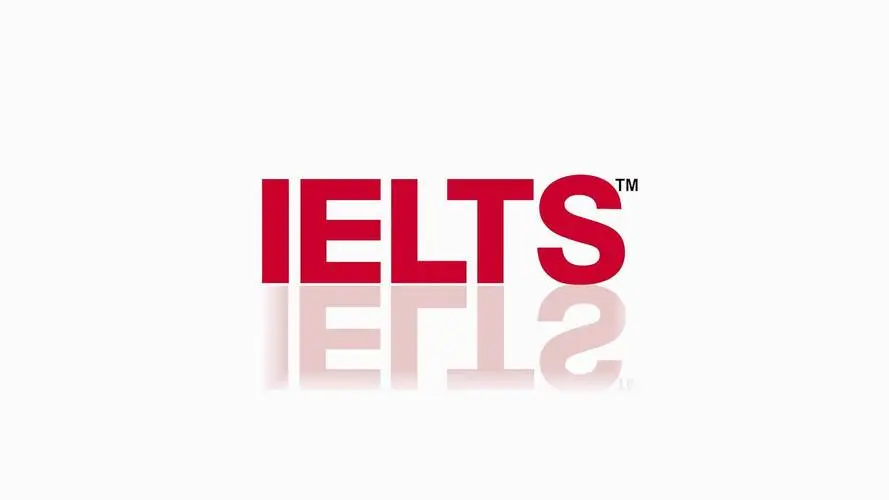“It’s a quick exam that is used for all different levels. There is another exam called the Cambridge Examinations, which are really much better because they are designed for particular level, so you take the exam at your level, and your aim is to get everything right at that level. But with the IELTS test is one quick exam for all different levels, in tend to help universities check the students will be able to cope with the course when they go and because it’s a bit strange, it’s a bit like imaging you take a piano exam, and everybody takes same piano exam.Whether you are beginner or soso or excellent, you are all doing the same exam. What this means is that some questions are going to be easy for you, some kind of the questions are at the right level for you, and some questions are going to be too difficult, so this is a challenge.”
“首先,雅思考试是一门是面向所有语言水平考生的考试。其他的一些考试,例如Cambridge examinations会设定不同的水平级别,学生可以选择去考符合自己水平的级别考试。对于类似Cambridge examinations的考试,学生需要做的就是在符合自己的级别的考试里做好。但是雅思考试是面向所有语言水平考生的,目的是帮学校去确保他们的学生是可以完成学校的课程(其实就相当于钢琴考级,但每个人都是去考同一个级别的考试。即便考生所处的水平阶段不一样,不管是初学者,入门者,或者是专业人士,考的都是相同内容)。这就代表,有些问题可能对你来说很简单,有些问题可能符合你的水平,但有些问题又非常难。这就是它具有挑战性的地方。”

雅思考试的这个特点,在听阅考试中体现地特别明显:因为考生拿到的材料是相同的,考试的难易程度是学生无法控制和选择的。对于口语和写作,学生可以根据自己水平,发挥符合自己水平的东西(但这并不意味着口语和写作就轻而易举,相反它们对于中国考生是最难提分的。原因并非考生不具备足够的能力,而是容易陷入一些备考误区。具体的误区以及练习方式会在下文以文字和视频的方式进行详解)。但是在听力阅读中,对于很多学生来说,一些题目在难度上就不是很合适了。因为有的过于简单,而有的又过于困难了,所以雅思考试的这个特点会很大程度影响到学生的备考策略(具体的备考方法会在下文详解)。
“So what you have to remember is your target is to improve. It is not to be perfect.”
“所以,一定要记住的就是,我们的目标是取得进步,而不是做到完美。”









